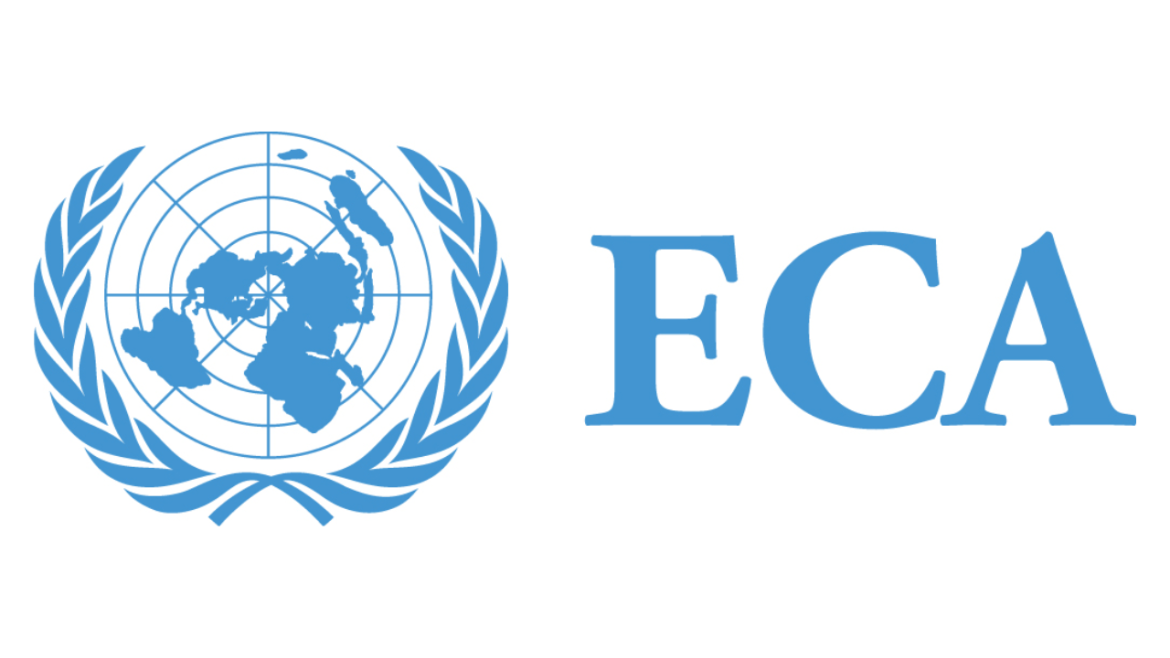By Muhammad Amaan
The Economic Commission for Africa (ECA) said there is a need to overhaul the global financial system to reflect the current development realities and risks faced by African countries.
The Executive Secretary of ECA, Mr Claver Gatete, said this in a statement on Wednesday in Abuja.
Mr Gatete said that the call was made at the conclusion of the Fourth International Conference on Financing for Development (FfD4) in Seville, Spain.
According to reports, countries on the continent advocated for systemic reforms to unlock financing for sustainable development at the conference.
The conference ended with the adoption of the “Seville Commitment,” a 38-page outcome document outlining voluntary actions by countries and institutions.
It aims to improve access to development finance and align investment with sustainable and inclusive growth.
According to Gatete, it is a matter of survival, transformation, and sovereignty over Africa’s development path.
He said that the continent needed an estimated 1.3 trillion dollars annually to achieve the Sustainable Development Goals (SDGs).
The executive secretary said that Africa had continued to face high borrowing costs, shrinking access to concessional finance, and risk-averse investment patterns that limit progress.
The ECA chief said that the continent’s investment potential was strong, with the African Continental Free Trade Area (AfCFTA) creating a 3.4 trillion dollars market.
Gatete said that AfCFTA was also ensuring a steady pipeline of viable projects across energy, transport, agriculture, and digital infrastructure.
“Outdated risk models and skewed credit ratings continue to push capital away from Africa. We do not lack projects; we lack access to capital.
“To address these challenges, the ECA and African delegates advocated for changes in how countries qualify for concessional financing.
“The delegates also called for the creation of an African credit rating agency and the adoption of new tools like the Multidimensional Vulnerability Index.
“The Gross Domestic Product (GDP) alone no longer reflects the complexity of our societies. Eligibility for finance must be based on actual vulnerability and development need, not just numbers,” he said.
Gatete said that the inauguration of the Platform for Action on Private Investment Mobilisation was one of the major highlights of Africa’s participation at the conference.
According to him, the platform is a joint initiative involving ECA, Convergence Blended Finance, the OECD-DAC, and other partners.
“It aims to boost private capital flows into priority sectors through blended finance, with a focus on industrial zones, trade corridors, and renewable energy infrastructure.
“We are not just listing projects, we are proposing a coordinated, African-led mechanism to attract capital where it is most needed,” Gatete said.
He said that African countries also called for faster and fairer sovereign debt restructuring processes that include private creditors and support for middle-income countries facing social and structural vulnerabilities.
Gatete also proposed the creation of an Integrated FfD Follow-up System with regional observatories and national coordination units in Africa.
He said that it would be jointly led by the African Union Commission, ECA, and the African Development Bank (AfDB).
He, however, called for effective tracking and accountability to actualise commitments at the conference.
“Without effective tracking and accountability mechanisms, commitments made at the conference risked losing credibility.
“The real test of Seville will not be what we declared in this room, but what we implement beyond it,” he said.




